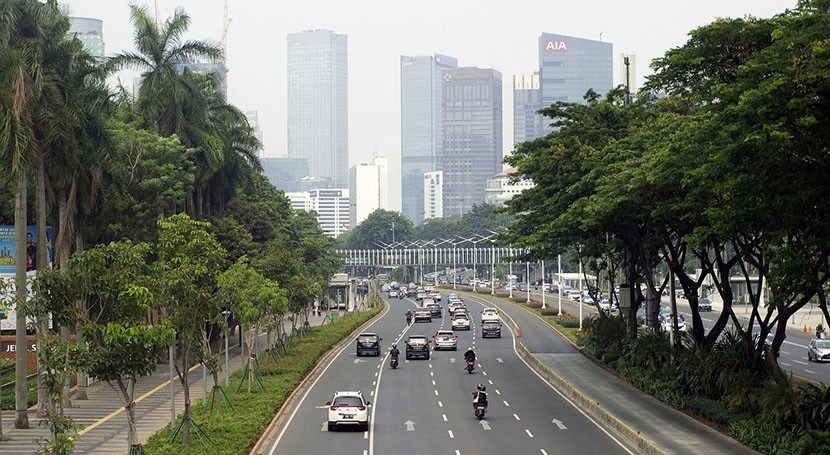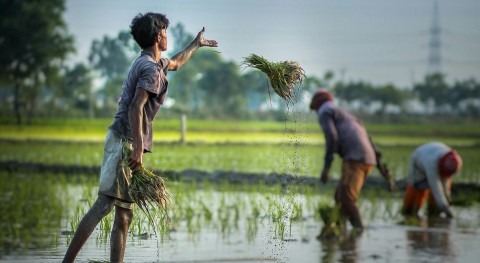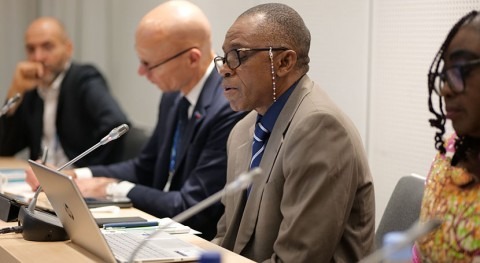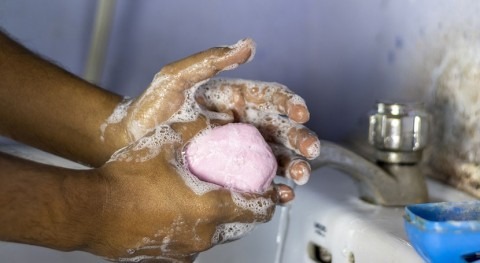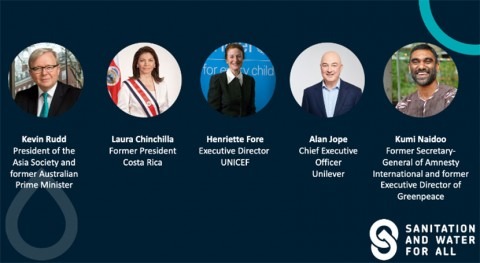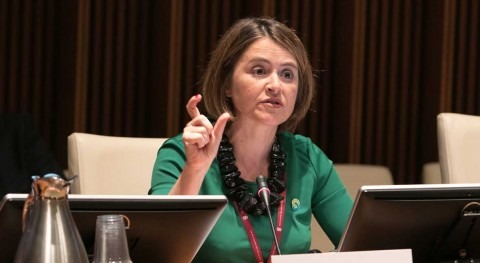From 18-19 May, more than 70 ministers from around the world will attend a landmark meeting on water and sanitation in Jakarta.
The prestigious event will be hosted by the Government of Indonesia and convened by the United Nations Sanitation and Water for All global partnership (SWA) and UNICEF.
The Sector Ministers’ Meeting has been held every two years since 2010, welcoming leading government ministers from water and sanitation. However, this is the first year the event will also welcome their counterparts in health, environment and the economy to discuss the triple crisis – the COVID-19 pandemic, a mounting climate emergency and a struggling global economy – which is threatening decades of progress on sustainable development. These issues are deeply intertwined with water and sanitation,making government investment in this sector critical:
- Access to soap and water will generate $45 billion per year and reduce the spread of infections in a COVID-19-like epidemic by up to 20%.
- Additionally, nearly 90 per cent of climate disasters are water-related, including floods, droughts, and deteriorating water quality. Forty per cent of the global population are highly vulnerable to their impact.
- Universal access to toilets with safely managed waste will generate $86 billion per year in greater productivity and reduced health costs, increasing school and work attendance by three billion days each year and unlocking $420 billion in productive value.
- Over two billion people worldwide, or 1 in 4, live in countries where water supply is inadequate. Half of the world’s population could be living in areas facing water scarcity by as early as 2025.
- At least 2 billion people globally use contaminated drinking water, putting them at risk of contracting cholera, dysentery, typhoid and polio.
- Over 700 children under age 5 die every day of diarrhoeal diseases due to lack of appropriate WASH services. In areas of conflict, children are nearly 20 times more likely to die from diarrhoeal disease than from the conflict itself.


